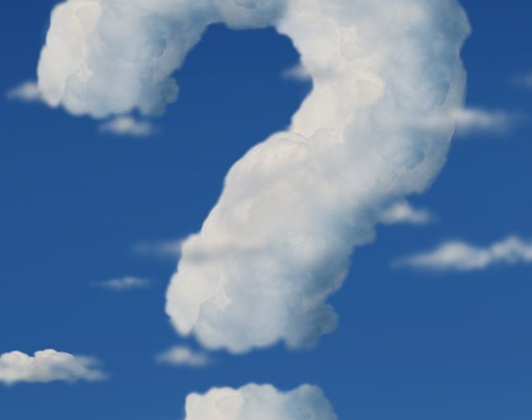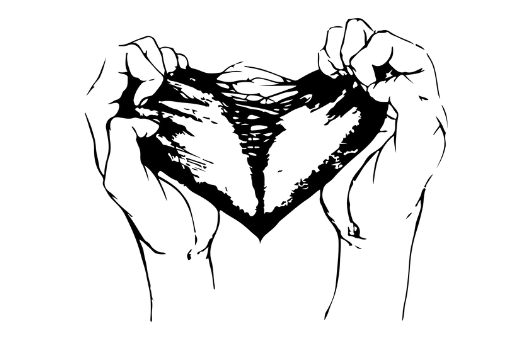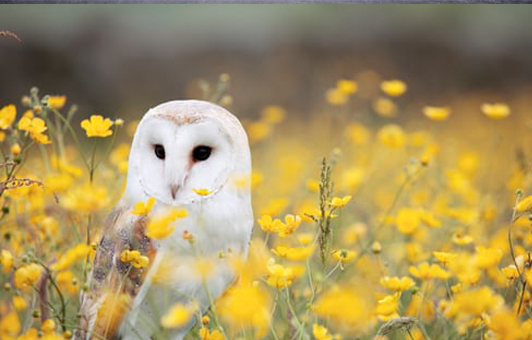Very often, the thing we fear and have to deal with turns out to be the best thing that ever happened but it is hard to see that at the time.
When facing change, we naturally go into a state of “high alert” meaning that our fight/flight/freeze system is working overtime. When this happens we produce chemicals which stay in the body and can cause long term chronic illness like cancer, stroke and heart disease.
The impact on the mind and body can be feelings of tension, feeling on edge and apprehensive, excessive worrying, panic and expectation of the worst outcomes.
We become anxious. We have known for many years that these negative and fearful emotions produce illness. Follow the link to the study and list of potentially stressful situations involving change and the results we can expect to follow.
When anxiety becomes extreme, it can be a raw, visceral sensation to the point that the person feels they will become ill or harmed in some fatal way. This blocks the solution seeking/problem solving part of the brain we need at this very time.
Even low-level anxiety produces feelings of being on edge, jittery, jangling nerves or feelings of dread. It is easier to live with this, rather than extreme anxiety, but it mustn’t be ignored, it will catch up with you somehow. The body must rebalance at some time and often the way it deals with this is to take itself out of the situation which is causing the problem. It is no coincidence that during or following a period of high anxiety we suddenly do something to our backs, have a chronic migraine, go down with a bug or feel excessively tired and lacklustre. This is your body telling you to take time out and away from the source of the issue.
The irony is that change is the only constant – nothing is every secure, safe or guaranteed. This is why we buy insurance policies, everything in life contains risk.
The problem today is that change is so rapid we scarcely have enough time to draw breath. Before we can start to get to grips with today’s change, we discover that there is something new to face, tackle and assimilate already lined up for tomorrow. This is when the real impact is felt from change; not change itself but the speed of change plus the fact that change today is now far-reaching. Change in the UK impacts change in Europe and the World. Similarly change in either or both the USA and China impacts us in the UK. We can no longer keep change local and manageable; its tentacles spread far and wide for good or otherwise.
What to do?
Turn off the news and view a trusty, balanced source, limiting the time you have to update yourself.
Keep your mind occupied by other mental exercise, Sodoku, crossword puzzles, learn a new language. Take up something creative to use the right side, the experiential side of the brain, to give the left-hand side a rest.
Walk as much as you can and barefoot when possible. Being in our “heads” too much, worrying and constantly churning over the “what if’s” create excessive energetic activity and we need to release it. Earthing has long been known to aid a more balanced state of mind. If you think about it, walking barefoot is how we learned the life-saving basics, source of food, water and what to avoid.
Change is here to stay. Accept it, plan for it, build yourself and your teams to be more mentally and emotionally flexible, adaptable and resilient. It is always those who can quickly react and adapt who survive.







